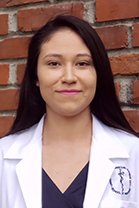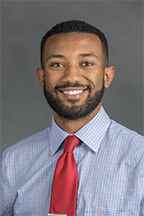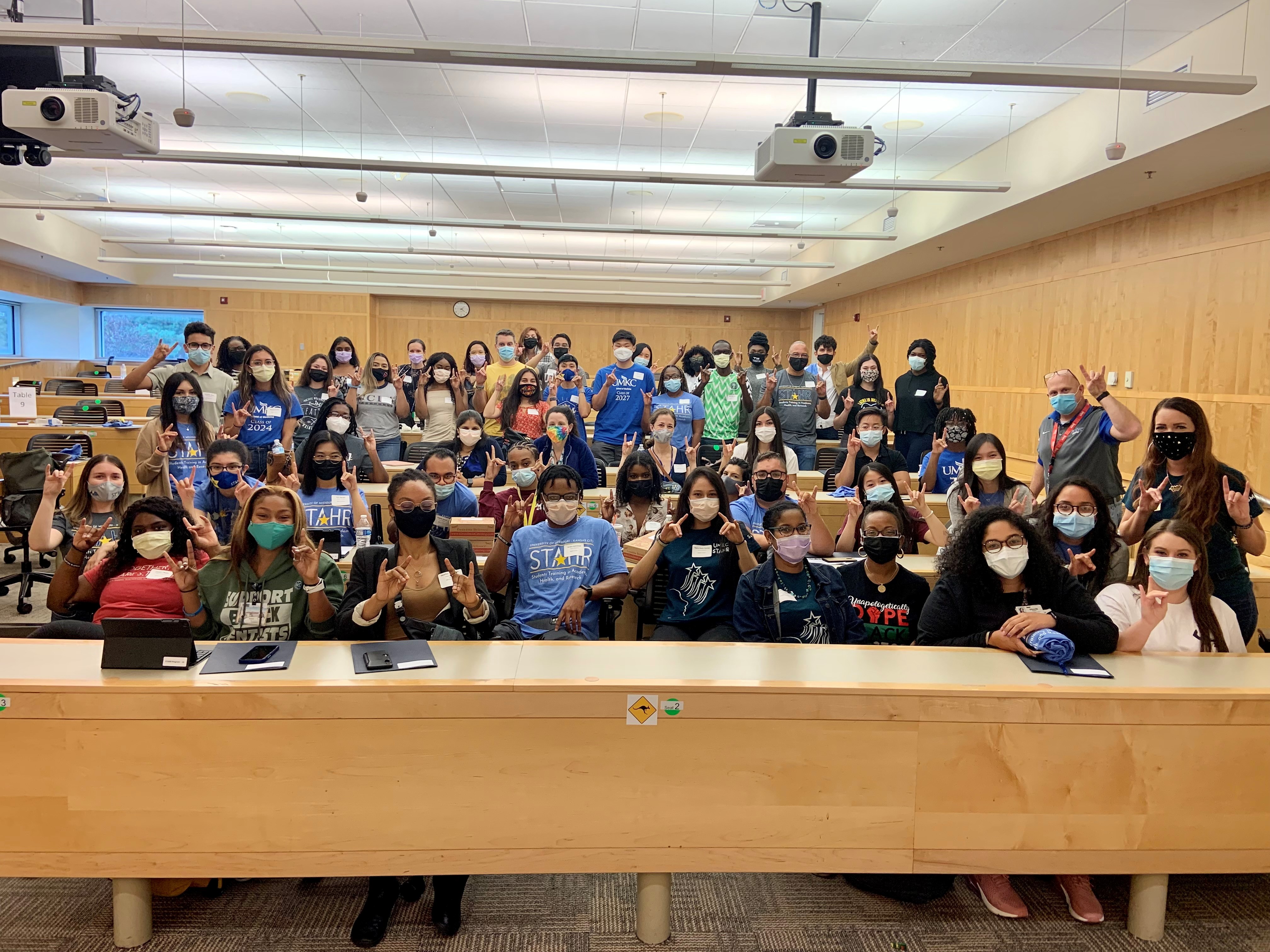Sayra Nieto Gomez realized there would be challenges as an underrepresented minority student at the UMKC School of Medicine. More important, the fourth-year med student also discovered a program that has helped her, and others like her, rise to meet the challenges that many underrepresented minority students deal with in the health care field.
The Students Training in Academia, Health, and Research (STAHR) Partnership is a collaborative of the UMKC schools of medicine, dentistry and pharmacy. The program is designed to increase the number of students from disadvantaged backgrounds entering health care programs and better prepare them for success academically and professionally.

“As a student, the STAHR program has provided a safe environment for me to be myself and to learn from students and physicians facing similar challenges,” Gomez said. “The most impactful thing that I’ve gained from this program is knowing that challenges persist through a person’s career. But as students and future physicians, we learn to adapt and grow from those challenges.”
STAHR is a two-pronged initiative that was started in 2018 to build and expand on the medical school’s highly successful high school Summer Scholars program and the dental school’s Admissions Enhancement Program.
Today, in addition to a greatly expanded scholars program that offers multiple tracts for high school and college students to learn about and prepare for careers in health care, STAHR encompasses an ambassador program that provides current UMKC health professions students with meetings and mentorship opportunities. Ambassador workshops take place several times a year to help students learn and develop pertinent skills such as overcoming self-doubt and develop strategies to achieve academic success.
It’s also vital in helping students create a community of like-minded peers, said Scott Guerrero, director of the STAHR program.
“We use the Thomas Principles that focus on academic support, psychological support, identity development, leadership, sense of belonging and professional development,” Guerrero said. “Our first workshop was on academic support where we talked about what it means to be academically successful and how to overcome challenges in the classroom or within their setting.”
A November workshop focused on mental health and wellness and how to cope with the stress of being a health professional student and burnout.

“Being part of the STAHR program has helped me get to this point in my pharmacy degree,” said fourth-year pharmacy student Natinael Mamo. “The most impactful thing for me has been the numerous resources introduced to help me attain my academic and professional goals.”
He’s not alone. Students from economically and educationally disadvantaged backgrounds typically succeed in attending and completing health professions degree programs at a far lower rate than students from strong schools in thriving communities. But at UMKC, as many as 150 students and more than 130 staff and health professionals across the UMKC Health Sciences Campus and community are participating in the STAHR Ambassador and Scholars programs that are changing that dynamic.
Now in its fourth year, STAHR initially received a five-year $3.2 million grant from the United States Health Resources and Services Administration. Guerrero said he will soon be applying to renew the grant while also working on other sustainability efforts.
In the meantime, he has a broader vision for STAHR, which is already helping many students succeed in preparing for careers in health care.
“Our recruitment efforts and outreach efforts need to ramp up,” Guerrero said. “We’d love to do STAHR Days – have students come and learn about each of our programs. We’d like to recruit more economic or educationally disadvantaged students and just share our story, the benefits of a mentorship program and the success of the students in our program and their sense of belonging.”
Mamo is one of those success stories. He said the Ambassadors program has helped him through the rigors of pharmacy school in part by fostering a better relationship with faculty members and peers that may not have occurred otherwise.
“I would tell students that you should join STAHR to further enhance your experience within your program,” he said. “The STAHR program is led by many supportive and uplifting people who are here to guide you in utilizing your resources and to succeed in your profession. You grow through the support of all the faculty and professionals who contribute to STAHR and interactions with students in other health professions.”
Guerrero admits the growth of STAHR is stretching him and his staff. But the payoff, he said, is worth the effort.
“At times, it’s pushing us to our limits,” he said. “But I go back to our students need it. They’re going to grow and learn more when we can make the experience as individualized as possible, but also cater to what they’re looking for.”
Gomez said the STAHR program is making it possible for young people who are passionate about becoming a physician like her to attain that dream.
“The STAHR program creates a community of people who support us and help us throughout our challenges, which is very important to our success,” she said.

